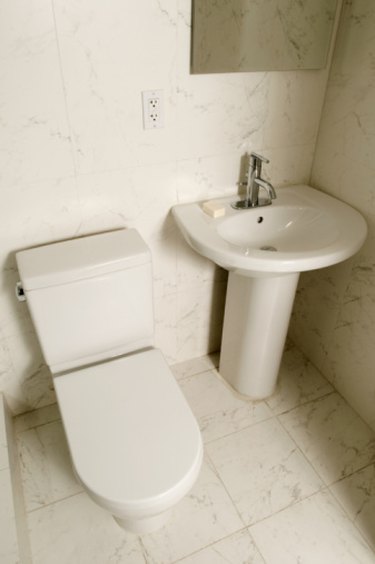
September 10, 2024
Urinary System Incontinence In Ladies
The Role Of Hormonal Agents In Women Urinary System Wellness These procedures range from easy shots to more complex surgeries. Your provider Foul-smelling urine will certainly discuss the most effective procedural choice for you based on the type of incontinence you have and your signs and symptoms. While at home, your service provider might recommend you keep an eye on any kind of leakage in a journal for a couple of days. By jotting down exactly how commonly you experience incontinence issues over the period of a few days, your service provider could be able to determine a pattern. Make sure to list just how often you need to pee, just how much you have the ability to go each time, if you leak in between trips to the restroom and any type of activities you might be doing when you leak pee.Extra On Urinary System Incontinence
What is the hormonal agent treatment for the bladder?
Reduced Estrogen Bladder Signs And Treatment
The effect of GAHT on urinary incontinence mostly depends upon the type of hormonal agents utilized in your procedure. For transgender ladies (assigned man at birth), the procedure leads to decreased testosterone and hence could cause loosened up pelvic floor muscles. As a result, you might experience impulse incontinence, stress and anxiety urinary incontinence, and various other forms of UI. One of the most common kind of bladder control issue in older ladies is stress urinary incontinence.- These workouts are done by training, holding and afterwards unwinding your pelvic floor muscle mass.
- S2-S5 nerve origin injury (herniation) can cause bladder dysfunction.
- Detrusor overactivity, according to this theory, happens because of the early shooting of stretch receptors in the bladder base secondary to bad endopelvic connective tissue support to the loading bladder.
- Struck to vaginal might be responsible for about 15 percent of blood loss after menopause, and on the other hand, the occurrence of Vaginitis for many years after menopause boosts.


Social Links